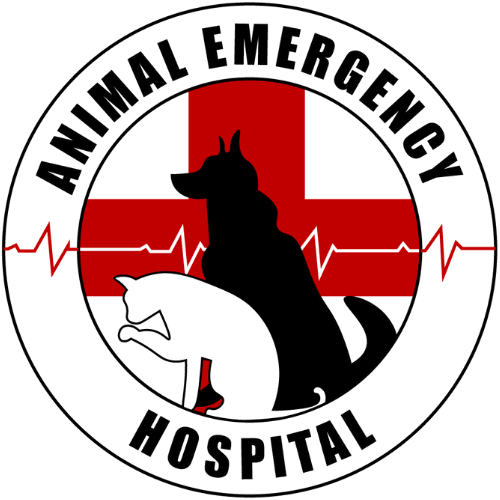Recognizing the Symptoms of Heartworm Disease in Your Pet
Heartworm disease, a potentially fatal condition in pets such as dogs, cats, and ferrets, is caused by parasitic worms that reside in the heart. The disease is transmitted through mosquito bites, making it a concern for pet owners everywhere. Being aware of the signs of heartworm disease is crucial for early detection and effective treatment.
What Causes Heartworm Disease?
Heartworm disease is caused by the parasite Dirofilaria immitis. When an infected mosquito bites a pet, it can transmit heartworm larvae into the animal’s bloodstream. Over several months, these larvae mature into adult heartworms, leading to severe lung disease, heart failure, and damage to other organs.
Signs of Heartworm Disease in Dogs:
- Coughing: A persistent, dry cough is a common sign, often worsened by exercise.
- Lethargy and Fatigue: Dogs may show a decrease in energy and tire easily.
- Weight Loss and Anorexia: Some dogs may lose their appetite and weight.
- Difficulty Breathing: Dogs may struggle to breathe due to heartworms in the lungs.
- Bulging Chest: In advanced cases, the chest may appear swollen due to fluid buildup.
- Collapse: Dogs may suddenly collapse due to overwhelming worm presence.
Signs of Heartworm Disease in Cats:
- Coughing or Asthma-like Attacks: Cats may have respiratory issues resembling asthma.
- Vomiting: Vomiting unrelated to eating can occur in cats with heartworm disease.
- Weight Loss: Cats may experience weight loss.
- Lethargy: Cats may be less active or appear unwell.
- Sudden Collapse or Death: Cats can collapse suddenly or die due to fewer worms causing significant impact.
Heartworm disease is a severe threat but is preventable and treatable when caught early. If you notice any signs or want to protect your pet, contact your vet for testing and prevention. Proactive prevention is key—schedule an appointment today to discuss heartworm testing and prevention for your pet.


